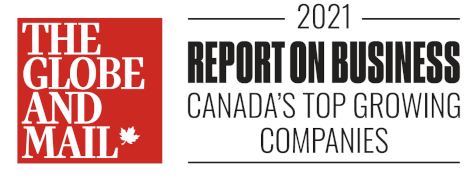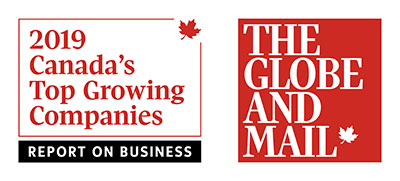Fueling Relationship Building – Getting Beyond Data Accuracy

While hydrocarbon loss is viewed at a molecular level and relies on data accuracy, success for several critical elements of a Hydrocarbon Loss Control Program depends on the people working together to manage these processes. Therefore, the crucial role of the client-consultant relationship is paramount for the success and sustainability of any engagement. An effective consultant should start with building trust, fostering creativity, and honing critical thinking skills.
Building Trust
Trust is vital to building business relationships and knowing the best way to communicate with stakeholders. By investing time in understanding where your counterpart is coming from, you not only create a positive spin on the dynamic of your relationship, but you also create an opportunity to dissect challenges objectively. Moreover, many stakeholders have been in positions for decades so investing time in getting to know your stakeholders and what motivates them helps consultants to employ empathy. Empathy is not only an effective leadership tool, but this also allows clients and stakeholders to set aside preconceived notions, and be more receptive and interested in what you may have to say.
Encouraging Creativity
While trust facilitates communication between stakeholders, enhanced communication can also have a significant, positive influence on creative behavior within a group. Creativity is imperative to working smarter, not harder, improving processes and problem-solving capabilities, ultimately guiding an engagement down the road toward success. Finally, creativity should not extend only to design and problem-solving abilities but also to how stakeholders communicate with one another. For example, metaphors in conversation have been proposed as a way to reduce tension in habitually formal conversations, leading to dialogue openness and relaxing stakeholders to more freely brainstorm and express ideas with one another. The ability to share knowledge within the group is imperative for any project both in a business context and in forming interpersonal business relationships to maintain a constant flow of communication.
Critical Thinking
It’s no coincidence that open and clear communication is a common theme throughout this reflection because critical thinking pushes the mind beyond the constraints of its own biases. Without the ability to seek, absorb, and process information from multiple sources, working professionals are inefficient by creating limitations and closing themselves off to potentially inspiring ideas. Critical thinking allows the mind to observe and analyze a situation or problem from multiple perspectives, bringing together information and different points of view to arrive at potential solutions. Moreover, critical thinking allows for making decisions based on the ability to understand the rationale and logical connection between different concepts.
In conclusion, the above points serve as a starting point for any professional developing the soft skills required to succeed in a client-facing role and particularly in the client-consulting relationship. This reflection ends with an open question to readers, what skills do you see delivering the most impact when building the consultant-client relationship?
Click here to learn more about Trindent’s approach. Reach out to our team on LinkedIn or through our Contact Us page.
This blog is authored by Francesca D’Urso, a Senior Consultant at Trindent Consulting.




 English
English







